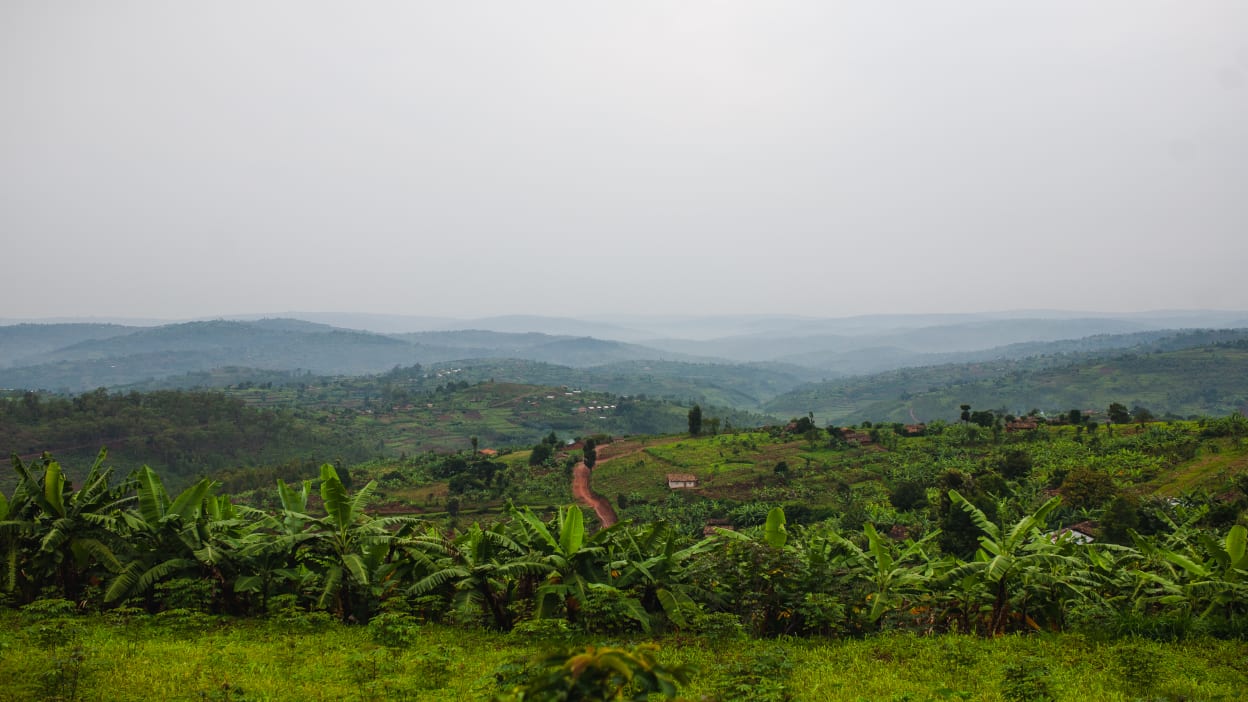Unexpected heavy and prolonged rain in parts of Rwanda have caused flooding and landslides, killing over a hundred people and destroying homes, crops and infrastructure – including in communities where we have church partners. In one of these communities alone, 53 people have died.
Urgent needs
Emmanuel Murangira is Tearfund’s Country Director in Rwanda. He explains the situation: ‘As of now, thousands of people have been displaced from their own homes and are camping in schools or churches that are on high ground and where there is no risk of landslides.
‘Obviously, there is a need for food because people have left their homes in a hurry in fear of landslides and floods.
‘The other thing is that drinking-water sources are destroyed when we have landslides and flooding – so the water becomes contaminated with things like sewage and dead animals.
‘People also don't have the money to purchase food, because normally they would rely on what they produce – but now their ability to produce is lost.’
At the time of writing, the rains still continued.












